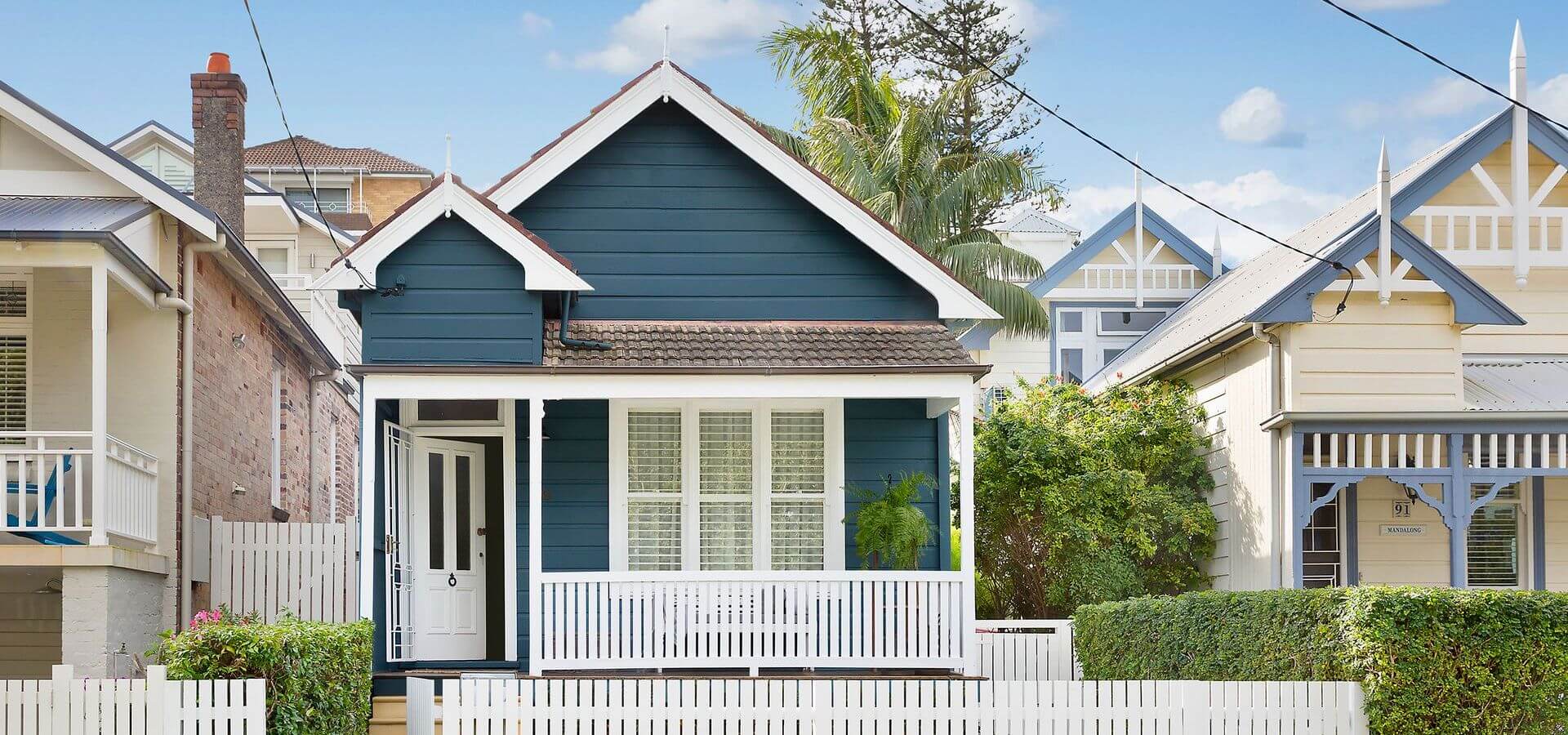When it comes to home loans, many of us think the same thing – it’ll be at least 25 to 30 years until it’s all paid off. However, many Australians are slashing that time by half or even paying off their loan faster than that.
If you entered the property market at a younger age (your early 20s) it’s more than possible to break free from your mortgage by the time you’re 35. It takes a bit of planning and discipline, but it’s more than achievable. Here’s how you can pay off your mortgage faster.

Topics in this article:
How to break free from your mortgage by 35
Funnel all your extra income into repayments
Your priority is to funnel all your extra income – bonuses, pay increases, overtime, tax refunds, even gifts – into your mortgage. Other surplus cash such as a month light on bills can also be put toward your mortgage. Another option is to use an offset account, in which your savings are ‘offset’ against your mortgage balance, so you’re only charged interest on the difference instead of the full amount.
Make the most of the market
As of July 2019, the official cash rate set by the Reserve Bank was at a historic low of 1 per cent – and may even be poised to go lower than that. If you have a good relationship with your current bank or lender, you can try to renegotiate the deal. If your lender isn’t passing on the full basis point decrease, you’re well within your right to find a lender that does with a refinance.
Using a broker who can look at many different home loans can help you find a mortgage package that saves you on interest. As brokers have direct links with banks and lenders there’s less running around doing calculations which can be time-consuming and confusing for some owners.
Variable vs fixed – more repayments
Some lenders do not let people on a fixed rate mortgage make additional repayments. If you are on a variable rate home loan, you’re usually free to make as many repayments as you like. This depends on the home loan package. To ensure you aren’t penalised, it’s best to talk to your lender or broker and see if you can negotiate a better rate.
Other advantages to variable home loans over fixed rates is some packages have unlimited redraws or come with offset accounts as standard. It’s also usually cheaper and easier to switch to a different lender with a variable loan, as fixed rate loans may incur a break fee if you wish to refinance.
Make good decisions – live within your means
Living within one’s means is often the best way of saving money and putting it toward a mortgage. Keeping a car for an extra few years instead of buying new; not replacing furniture with upcoming ‘trends’ and eschewing flashy new gadgets for ones that do the job, are all ways of living within one’s means. Little things like cancelling gym memberships you don’t use, making coffee at home instead of buying it at cafes, and refraining from ordering expensive meals and food delivery can all add up.
For example: Say you order seven take away lattes per week = $3.80 x 7 = $26.60. Multiply this by 48 (minus your annual leave, of course) and that’s $1,276.80 extra you can put towards your mortgage per year.

Rearrange your income
Another tip for dual-income households is to budget so you are reliant on one income to keep up with expenses, including the mortgage. That means if one of your pay packets is at $75,000 after tax and another is the same, living within $100,000 could theoretically funnel 50% of your total household income into your home loan.
You should also consider salary sacrificing to help pay off your home loan. Salary sacrificing to pay off a mortgage is common in the health and not-for-profit sectors, but other industries are beginning to offer these packages. This helps you reduce tax, save on mortgage interest, and helps you gain more disposable income to put on the mortgage or save for a rainy day.
Don’t rely on the credit card
If you think petrol prices are high enough as they are, imagine paying 24.99 per cent p.a. interest on it! Though you’ll want to increase the amount of cash flow you have at any given month, don’t think that the credit card is your saving grace. Paying more in credit card interest is dead money – it’s money better spent on reducing your home loan balance.
Incentivise your good habits
Saving to pay off a mortgage early need not be a hard slog. Saving money by paying down your home loan means having extra money for a night out at the movies, ‘date night’ or even a holiday. You can splurge by redrawing money from a redraw facility – the extra repayments you’ve made mean you’ve avoided extra interest. Taking out $10,000 with a redraw means you’ve avoided extra interest on that $10,000 you’ve paid into the mortgage. You can use it for a large holiday or buying a new appliance you’ve had your eye on.
Sacrifice doesn’t mean living like a monk…
Just because you are spending less than your friends and forgoing the latest iPhone for something more modest doesn’t mean you have to live on bread and water until the mortgage is paid off. Think of it as an investment in your future; having no mortgage at a younger age means you’ll weather recessions or downturns better than most people, and you’ll have equity in a home to invest in other properties or shares. If you budget and save well, holidays and little indulgences need not be few and far between.







What about “how to have a deposit for a home by 35!”